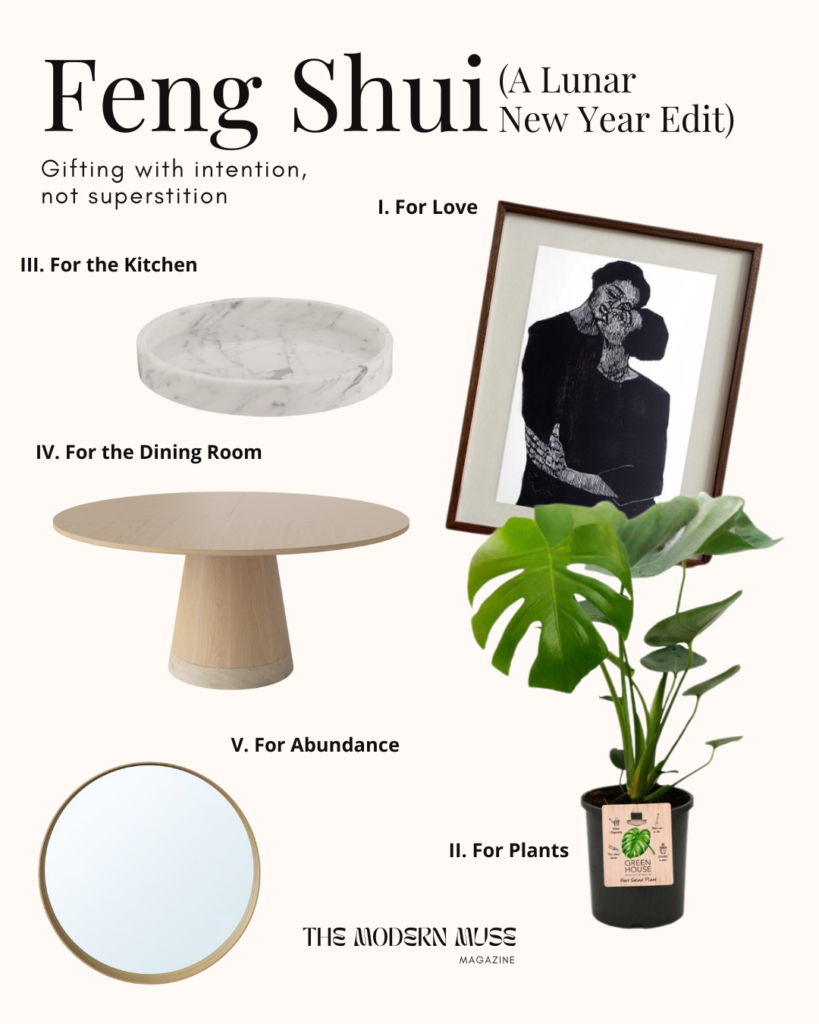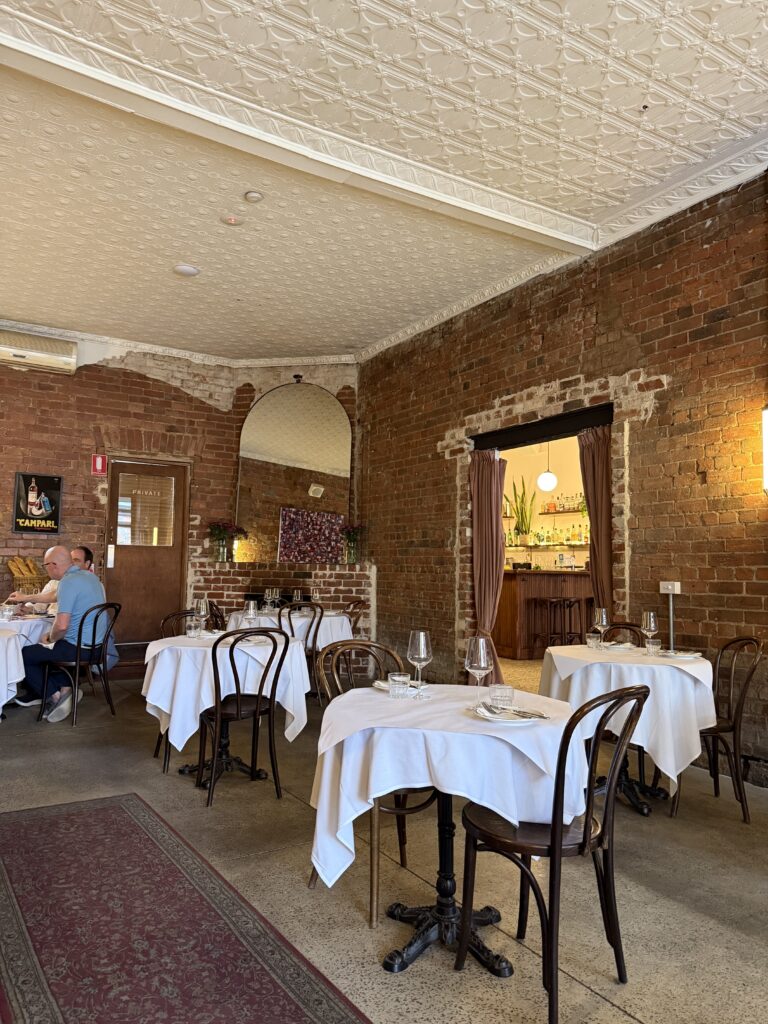The ‘Thought Daughter’ is a term that was coined in recent years to describe the type of girl who feels deeply and is introspective in her nature. She is sensitive, imaginative, intelligent – but not always understood. She is part dream, part reckoning, the one constantly questioning: what does it mean to be whole?
She is someone who doesn’t just read books. She inhabits them.
This is a reading list for her.
The Quiet Ache of Growing Up Too Fast, Feeling Too Deeply, and Wanting Too Much
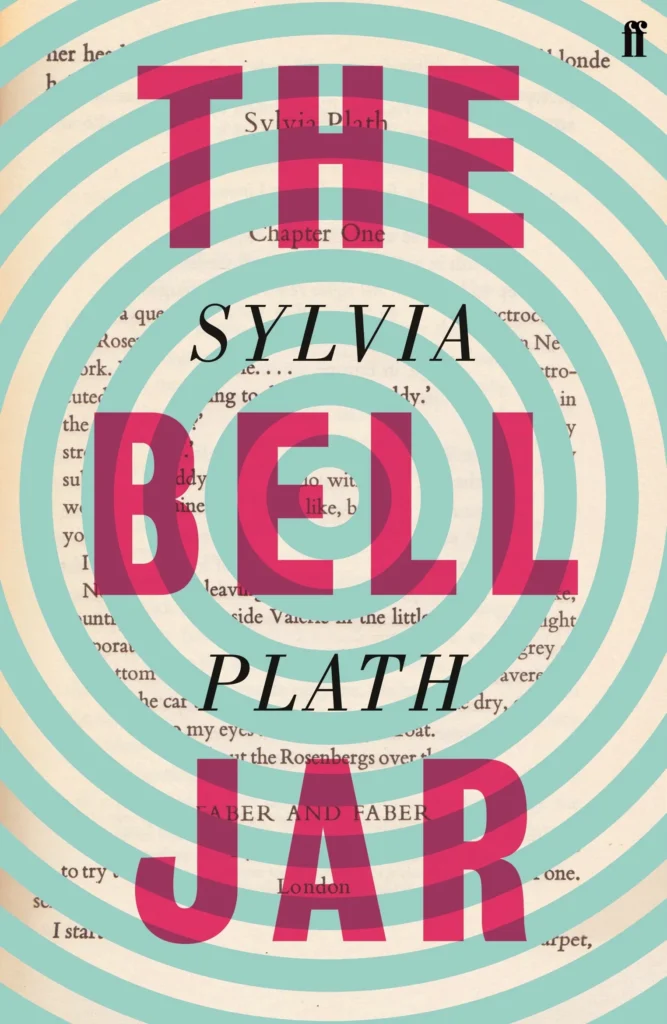
The Bell Jar by Sylvia Plath
A classic novel for every thoughtful girl who has ever asked, “Why don’t I feel alive in a life that looks good on paper?” Sylvia Plath captures the complex interplay of mental health and womanhood with poetic clarity and devastating honesty. This novel follows a young woman in her search for meaning as she falls into a depression that no one around her seems to understand. As she navigates the expectations of 1950s womanhood, professional ambition, and the crushing weight of internal despair, The Bell Jar becomes both a mirror and a map for anyone who has felt out of step with the world. Plath’s prose is haunting, lyrical, and intimately raw, offering a voice to the voiceless ache of trying to stay afloat in a life that feels quietly suffocating.
“Wherever I sat—on the deck of a ship or at a street café in Paris or Bangkok—I would be sitting under the same glass bell jar, stewing in my own sour air.”
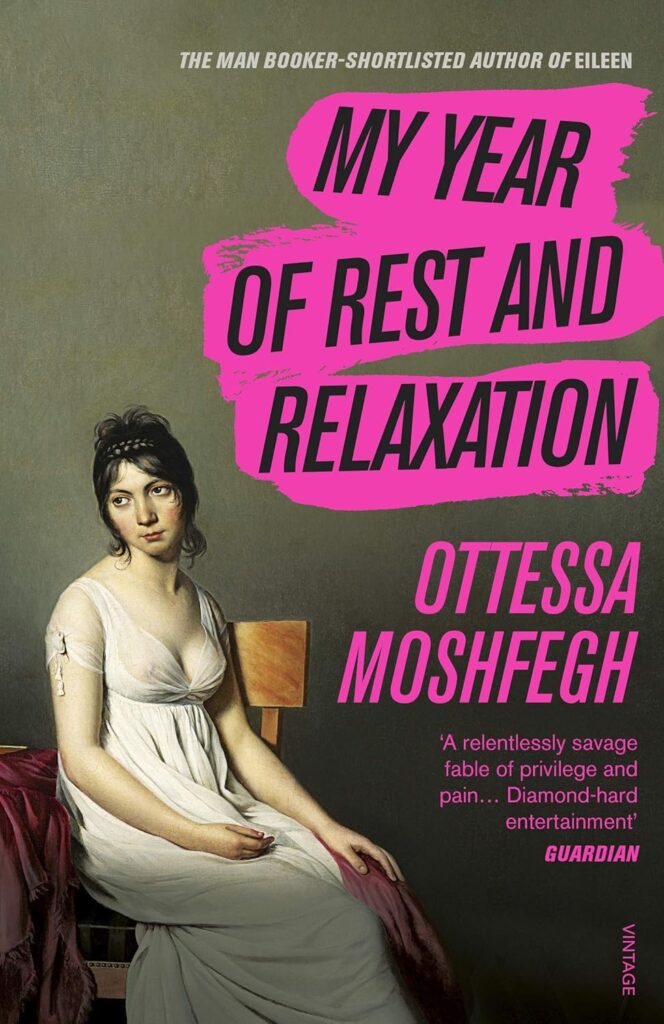
My Year of Rest and Relaxation by Ottessa Moshfegh
This novel explores the complexities of a young woman’s inner mind as she tries to duck the ills of the world by embarking on an extended hibernation. Much like The Bell Jar, the story grapples with the questions surrounding why we don’t feel happy when the world makes us think we have it all. It unravels the torment of grief and toxic relationships, all while answering the shared experience of asking: What would it take to truly feel nothing at all? Through its dark humour and detached narration, the novel probes the hollow pursuit of beauty, success, and perfection, revealing the psychic cost of numbing oneself to pain. It is a meditation on passivity as resistance, and the eerie, seductive allure of oblivion when existence feels unbearable.
“I was never nostalgic for the past, I just wanted to be somewhere else.”
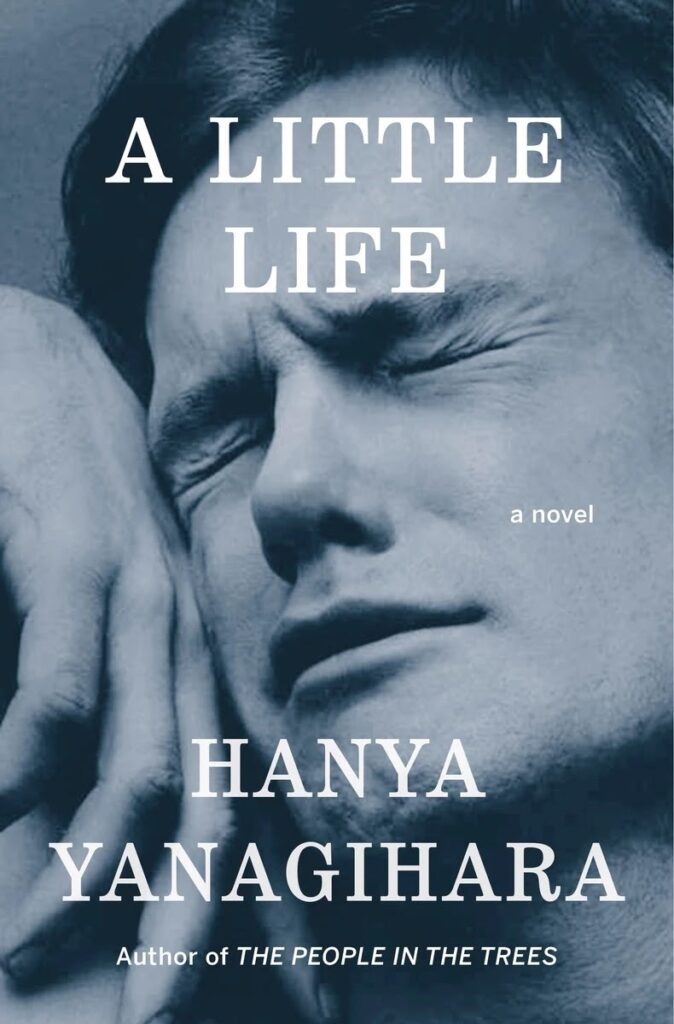
A Little Life by Hanya Yanagihara
A study of suffering, endurance, friendship, and trauma. This one leaves a mark. For the Thought Daughter who has loved deeply and lost painfully. It follows four friends over decades, but centres on Jude, whose past is a locked door that slowly creaks open. Yanagihara writes with devastating intimacy, charting the quiet heroism of surviving when survival feels impossible.
“You won’t understand this now, but someday you will. People aren’t meant to be perfect. We’re meant to be complete.”
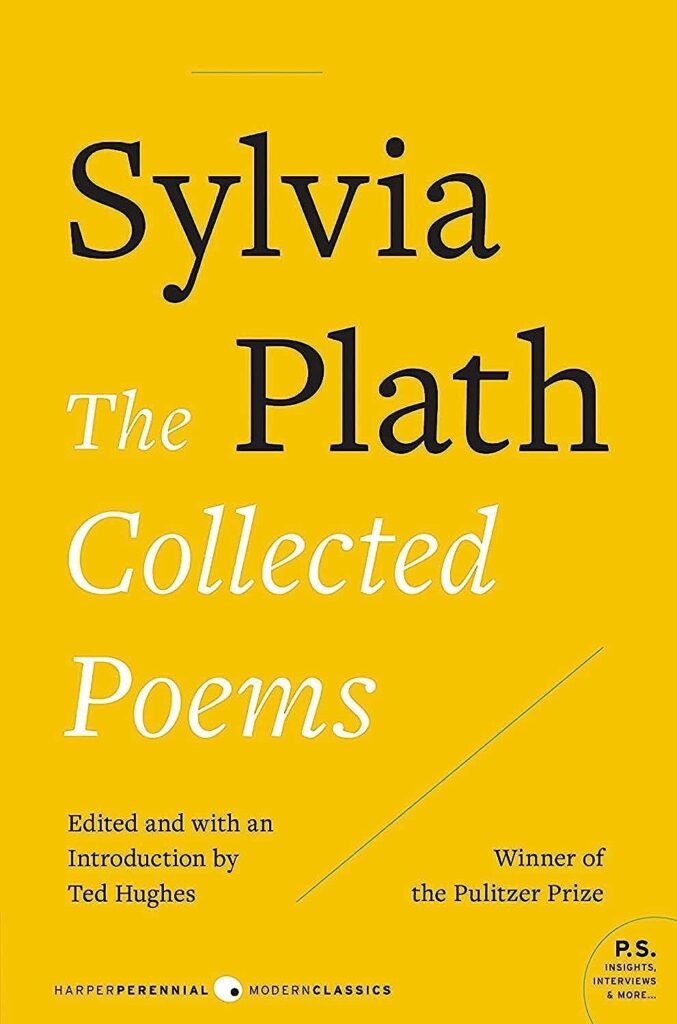
The Collected Poems by Sylvia Plath
This book of accumulated poems written by Plath over her lifetime highlights the complexity of womanhood in a way of lyrical understanding, because no one quite captures the architecture of a woman’s mind like she can. These poems are for when you need words for feelings you didn’t even know you had.
“It is a terrible thing / To be so open: it is as if my heart / Put on a face and walked into the world.”
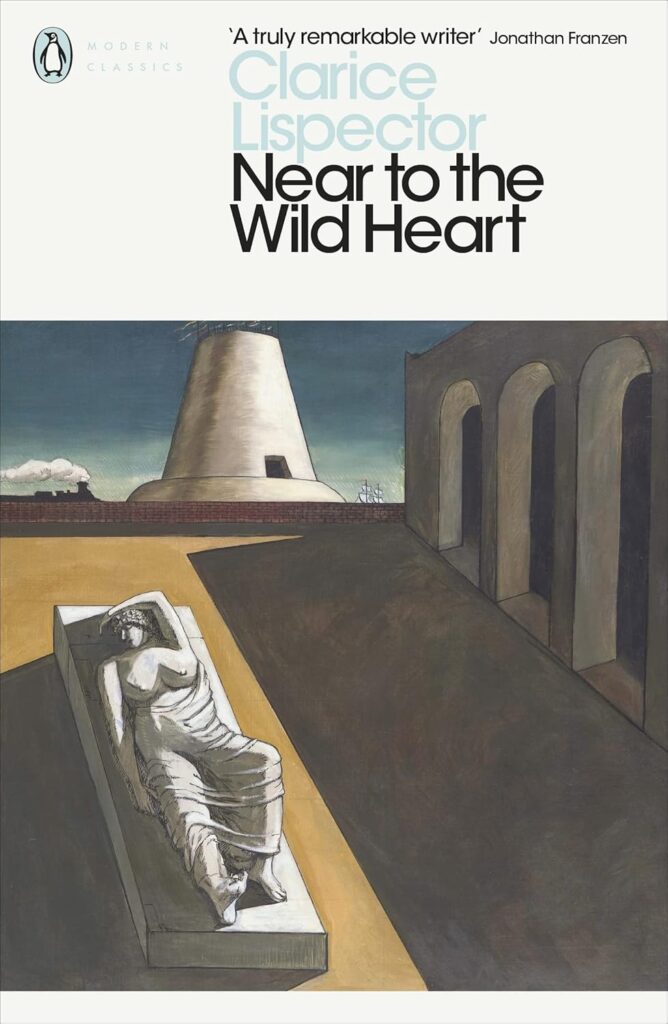
Tulips Near to the Wild Heart by Clarice Lispector
A novel about a young woman whose thoughts roam from philosophy to childhood to solitude and desire. It’s not about plot; it’s about being. A story of mere yet meaningful existence for the Thought Daughters who live mostly in her head and sometimes wonder if that’s a kind of freedom.
“She thought that the wisest thing in the world was to keep quiet and go on living.”
The Beautiful and The Doomed
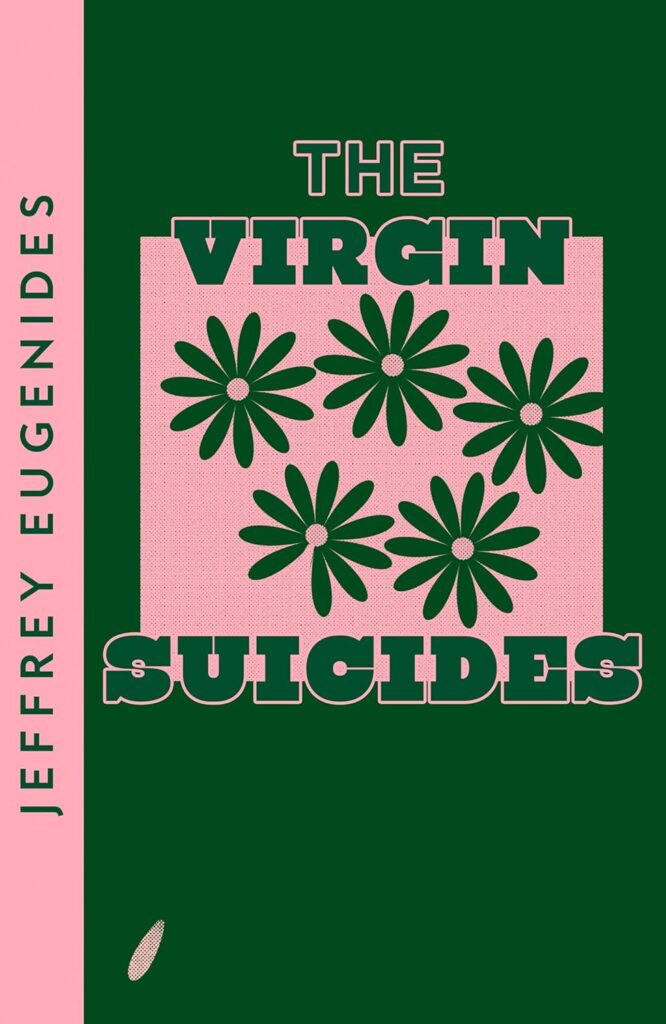
The Virgin Suicides by Jeffrey Eugenides
A fever dream of femininity and mythology. This novel explores the unknowability of girlhood from the outside and the soft implosions from within. Told through the collective gaze of neighbourhood boys obsessed with the five Lisbon sisters, The Virgin Suicides drifts between memory and myth, desire and death. It captures the spectral quality of adolescence, how girls are so often seen as symbols before they are seen as people. Eugenides evokes the loneliness, pressure, and surreal beauty of growing up in a world that romanticises girlhood even as it suffocates it.
“We felt the imprisonment of being a girl, the way it made your mind active and dreamy, and how you ended up knowing which colors went together.”
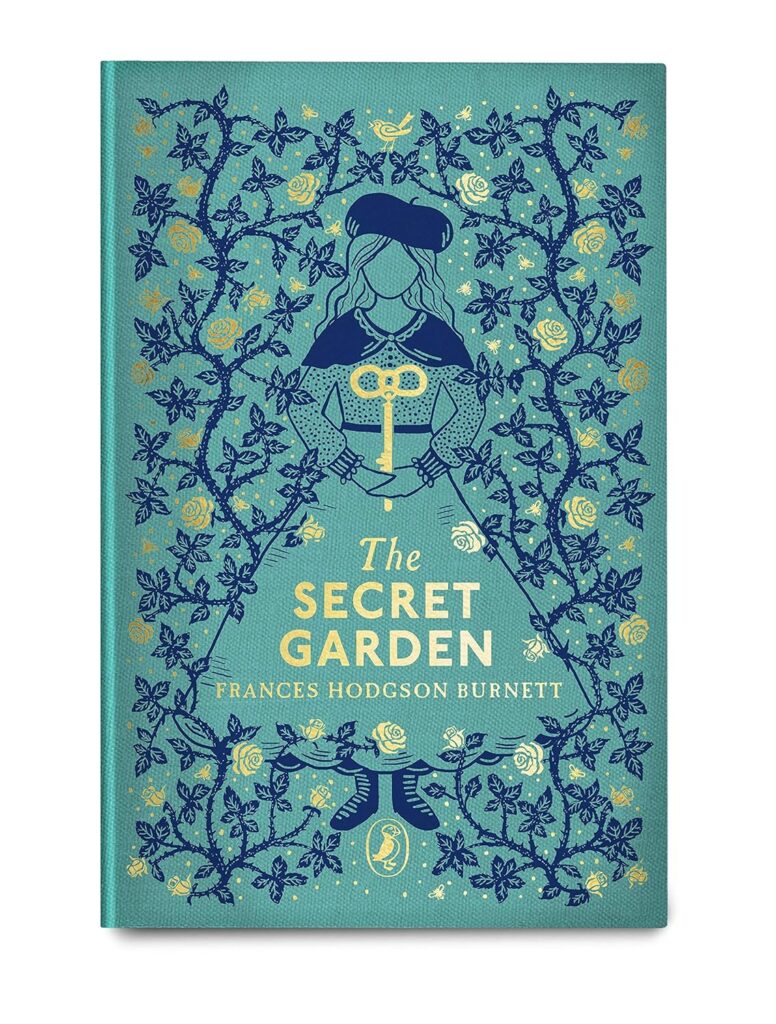
The Secret Garden by Frances Hodgson Burnett
For many, this is the first story where a girl’s imagination and solitude created worlds of transformation. It is an exploration of a tender return to childhood, grief, and the healing power of nature. The Secret Garden is a quiet ode to resilience, wonder, and the slow blooming of the self. Through Mary Lennox’s lonely beginnings and her discovery of the hidden garden, Burnett reveals how connection to nature, to others, and oneself can gently coax us back to life. It’s a story that honours introversion, curiosity, and the inner world of sensitive girls.
“At first people refuse to believe that a strange new thing can be done, then they begin to hope it can be done, then they see it can be done—then it is done and all the world wonders why it was not done centuries ago.”
Read more of our book recommendations here.



